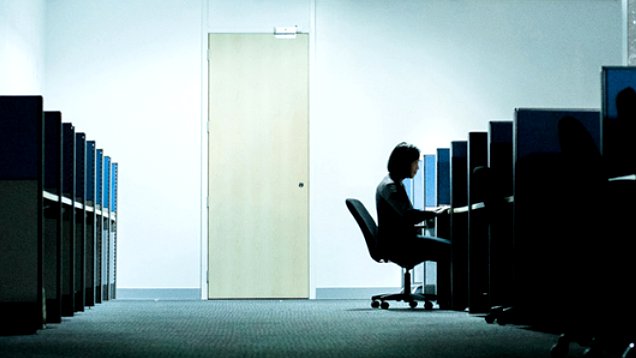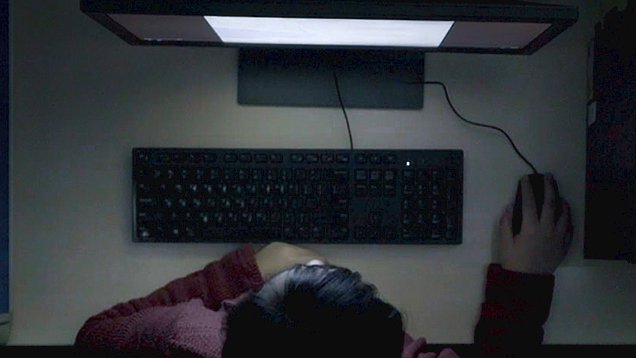Interview: What I learned about social media moderation while making The Cleaners

The shadowy world of social media moderation is put under the spotlight in the acclaimed documentary The Cleaners. Following screenings at various festivals, the film is playing at Melbourne’s ACMI Cinemas until November 6. Luke Buckmaster spoke with co-director Moritz Riesewieck.
Some documentary filmmakers rush through production, worried that the hot topic they started out with might become passé by the time they finish final cut. It was almost the opposite way around for German documentarians Moritz Riesewieck and Hans Block, who began investigating content moderation on social networks such as Facebook in 2013 for their film The Cleaners.
According to Riesewieck, speaking to Flicks via webcam from his apartment home in Vienna, “People were asking us: why are you working on Facebook? It’s not that interesting, is it?”
Everybody knows what happened next. A maelstrom of controversies swept the social media landscape, from massive privacy breaches to the proliferation of fake news and Facebook’s notorious ‘mood manipulation experiment’.
The evolution of social media platforms turned out to be rather interesting indeed. And according to many people (even and especially social media users) pretty distressing also.

The Cleaners shines a light on issues that receive less press than the aforementioned controversies. In particular the employment conditions of people hired – at arm’s length and through a third party – by giants such as Facebook, YouTube and Twitter to work as online moderators or ‘cleaners’.
These people process an obscene amount of explicit material: an estimated 25,000 items of content every day, encompassing the worst things imaginable – from pornography to every kind of extreme violence, self-harm and beastiality.
They do not live anywhere remotely close to the headquarters of the companies they perform duties for, with many (including those interviewed and profiled in The Cleaners) residing in The Philippines, where labour is cheap. Outsourcing labour is not a remotely unusual thing for a multinational company to do, but in Facebook’s case there are factors at play other than making a saving.
According to Riesewieck, the company chose The Philippines because “the Spanish colonised The Philippines and over 90% of the population are now Christians.” This is important given Facebook operates with the belief that “they (Filipino Christians) know best what western people – from Europe, from the US, from Australia – would like to see or wouldn’t.”
The filmmaker argues that a religious narrative is valuable for staff in this line of work, because it gives them a moral reason to perform unenviable duties.
“Psychologists told us you need such a narrative that the people there have, with their Christian beliefs,” he says.
“Jesus sacrificed himself at the cross for the sinners of the world. Now they do kind of the same for the sinners of the online world. They take away the sins and help make the world a better place. Such a narrative – to be on a mission – means for them it is not cruel anymore to watch all those videos and process all those images. It is something you need to do. Something to help.”
Discussing other issues social media platforms face, including the generation of potentially problematic content, Riesewieck says “it’s no accident that there is so much extreme content on these sites. It’s due to the design decisions they took.”
He believes that the user-generated online world doesn’t have to resemble the loud and shrill landscape it does today: “You could imagine a social network being much more interested in moderate and much less extreme positions,” he says.
“But what platforms like Facebook, Twitter and YouTube do – what they promote – is the most extreme and the most affection-based posts.
“What do you get the most likes for? What do you get the most attention for? We all know it’s the extreme positions. It’s to be provocative and affection-driven. This design could be imagined differently. But this of course is not what they want, because the current model is what makes the most money.”
















